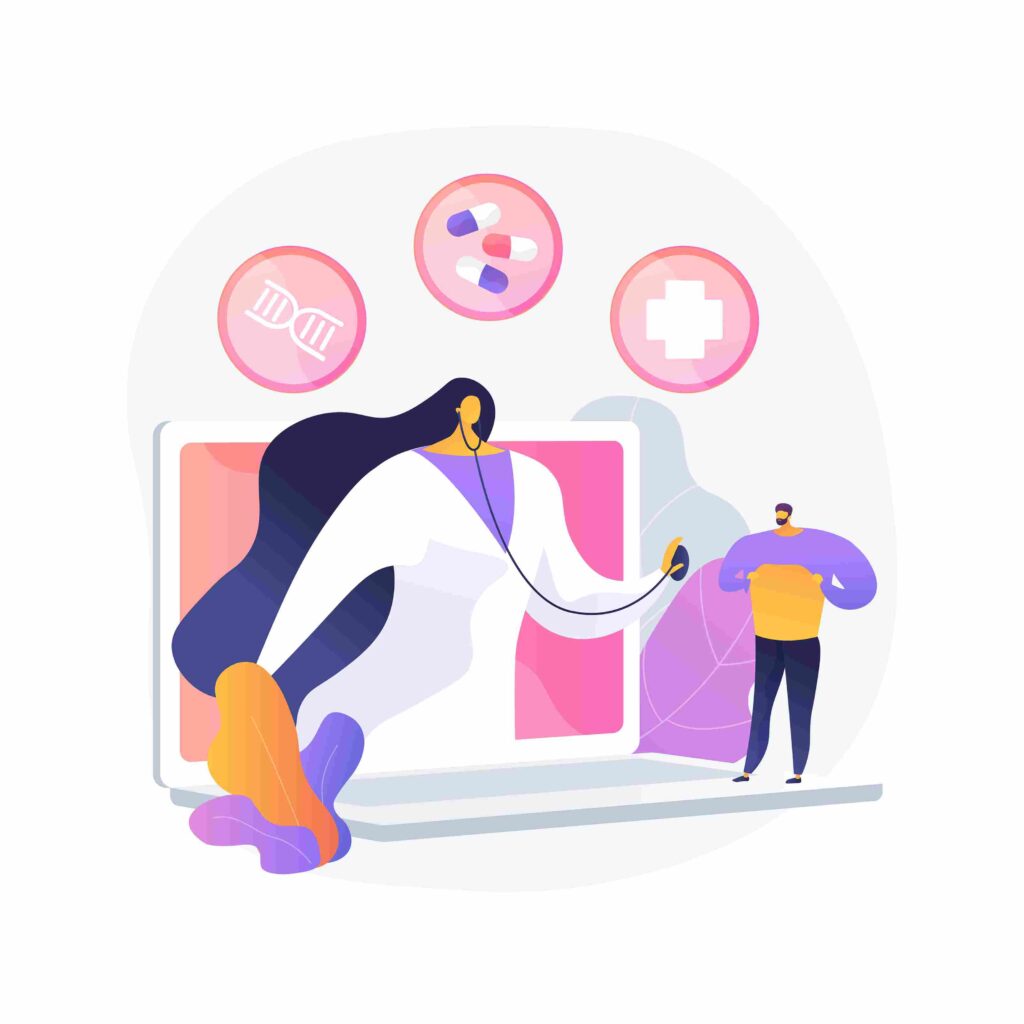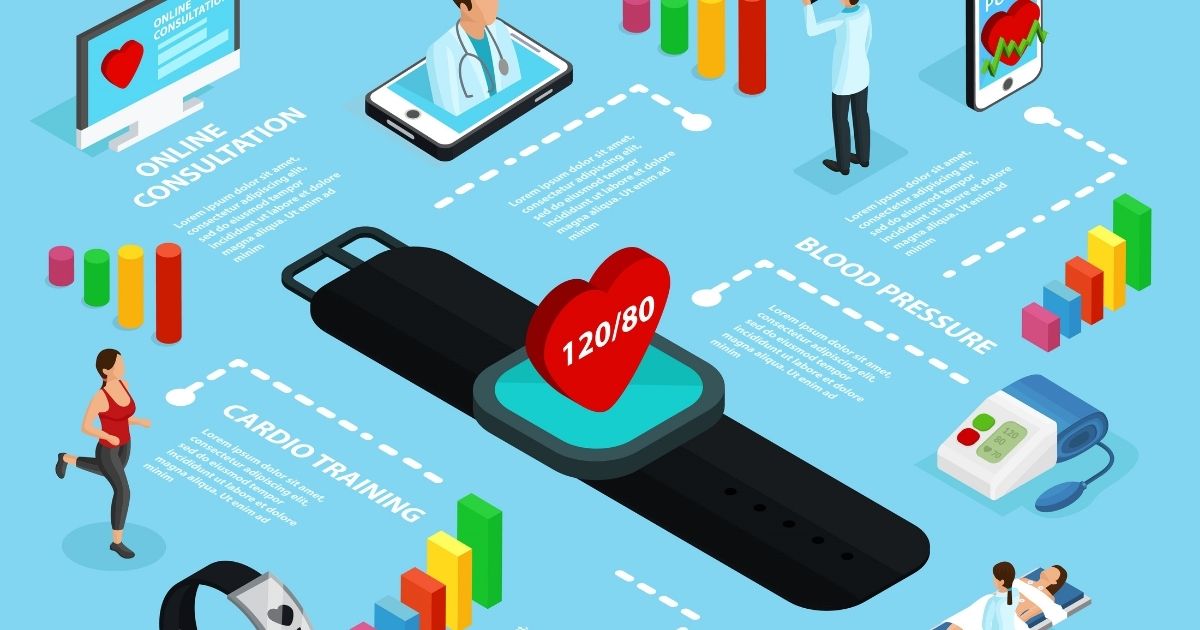Mr. Sidharth Srinivasan

Q1: How are digital therapeutics transforming healthcare delivery in both urban and rural settings in India?
Digital therapeutics are rapidly changing the healthcare landscape in India. In urban areas, there’s significant adoption of telehealth and mobile health solutions. In rural areas, digital therapeutics and telehealth are slowly gaining traction as people seek access to specialist care. The focus has shifted from communicable diseases to non-communicable diseases, of which the cardiometabolic space is a part. With a sizable proportion of the population affected by conditions like hypertension and diabetes in India, digital therapeutics can play a crucial role in managing these lifestyle conditions. Other areas seeing interesting developments include respiratory diseases, women’s health, oncology, neonatal care, and mental health.
Q2: Can you elaborate on the role of digital therapeutics in cardiology?
In cardiology, digital therapeutics play a crucial role in three main aspects:
Active Monitoring: Patients can report symptoms and vitals in real-time, allowing for proper triage and timely interventions.
Adherence: Digital therapeutics help ensure patients follow their prescribed medication regimens and attend regular check-ups for dosage adjustments.
Awareness and Rehabilitation: This includes providing patients with comprehensive care support to assist in their recovery and lifestyle modifications.
These aspects are important for managing various cardiac conditions, from post-procedure care to ongoing management of chronic heart conditions.
Q3: How is data privacy and security ensured in digital therapeutics platforms?
Data privacy and security in digital therapeutics are ensured through several measures:
1. Compliance with relevant data protection laws, such as the Digital Personal Data Protection Bill in India or HIPAA in the US.
2. Implementation of robust information security management systems, often certified by standards like ISO 27001.
3. Regular security audits and vulnerability assessments.
4. Encryption of patient data and implementation of need-to-know access for healthcare providers.
5. Partnerships with reputable cloud service providers for additional security controls.
6. Ensuring patients have control over their data, including the right to access and delete their information.
Q4: How is AI integration enhancing the efficacy of digital therapeutics?
AI integration is enhancing digital therapeutics in several ways:

1. Predictive Models: AI helps in foreseeing potential health events, improving preventive care.
2. Natural Language Processing: AI can power chatbots and virtual assistants to answer patient queries accurately.
3. Clinical Decision Support: AI tools can help healthcare providers by summarizing patient information and suggesting personalized care plans.
4. Risk Assessment: AI models help predict the risk of readmission or adverse events, which is useful for both care planning and insurance purposes.
5. Computer Vision: AI models can assess certain conditions through smartphone images, potentially reducing the need for in-person visits.
Q5: What emerging technologies do you believe will have the most significant impact on digital therapeutics in the coming 5 to 10 years?
Several emerging technologies are poised to significantly impact digital therapeutics:
1. Wearables: Increased adoption of smartwatches and other wearable devices for continuous health monitoring.
2. Non-invasive Monitoring: Development of cuffless blood pressure monitoring and non-invasive glucose monitoring technologies.
3. AI-driven Behavioral Models: Advanced cognitive behavioral therapy models to improve patient adherence to treatment protocols.
4. Computer Vision: Technologies that can assess patient exercises and provide real-time feedback through smartphone cameras.
5. Augmented Reality (AR): Increased adoption of AR in healthcare for various applications, including patient education and surgical planning.
Q6: How is the digital therapeutics market expected to grow in India and globally?
The digital therapeutics market is poised for significant growth. In India, the AI healthcare market is expected to expand rapidly in the coming years. Globally, the wearables market is projected to grow substantially. Currently, the adoption of digital therapeutics in healthcare facilities is relatively low, indicating significant room for growth and adoption.
Q7: How does digital therapeutics approach cardiac care?
Digital therapeutics approach cardiac care through comprehensive, patient-centered strategies:
1. They often provide a team of experts to support patients, including care managers, nutritionists, and exercise specialists.
2. They utilize app ecosystems for patients, caregivers, and doctors to track progress and communicate effectively.
3. They integrate various approved medical devices for easy monitoring of vital signs and symptoms.
4. They often cover a range of cardiac conditions, from post-procedure care to management of chronic heart conditions.
5. They aim to provide evidence-based care by incorporating the latest clinical guidelines and research.

Q8: How do digital therapeutics help in making healthcare more accessible and affordable?
Digital therapeutics make healthcare more accessible and affordable by:
1. Enabling remote monitoring and consultation, reducing the need for frequent hospital visits.
2. Providing access to specialist care even in areas with a shortage of healthcare providers.
3. Reducing hidden costs associated with healthcare, such as travel and accommodation expenses for in-person visits.
4. Offering continuous care and support between doctor visits, potentially preventing costly complications or emergencies.
5. Utilizing AI and technology to provide personalized care at scale, making it more cost-effective.
6. Empowering patients with tools and knowledge for better self-management of their conditions.
Guest Biography
Mr. Sidharth Srinivasan, CEO of Lupin Digital Health (LDH), leads digital therapeutics initiatives focused on improving patient outcomes through technology. With a background in scaling tech-driven businesses, he previously spent a decade with the Tata Group. He holds a PGDM from SP Jain and a B.Tech from VNIT. Dr. Soumya Singh, Creative Editor interviews him about the role of digital therapeutics in healthcare.

